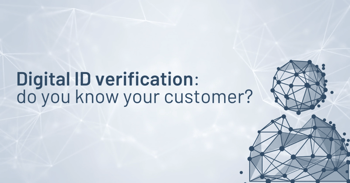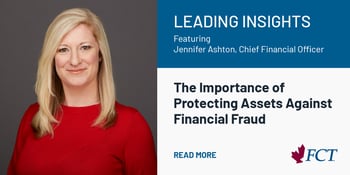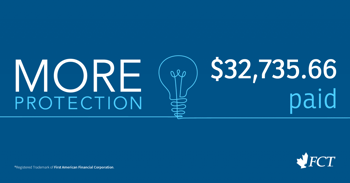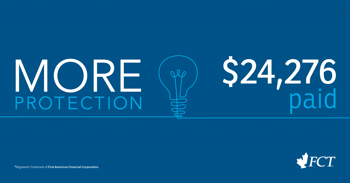
It used to be that a compromised ID meant canceling some credit cards and monitoring your credit score, but unfortunately, those days are gone. The latest and most disturbing trend in ID theft is a rise in title fraud: impersonating a homeowner and taking out a mortgage on their property in their name, or even listing the property and selling it to an innocent buyer.
Your identity is a fraudster’s most powerful tool
Thanks to innovations like remote signing and virtual viewings, the process of buying or selling a property has never been more accessible. But those same technologies have also made things easier for fraudsters by reducing the amount of time they need to spend interacting in person.
The last major obstacle a fraudster needs to overcome on a transaction is showing valid-seeming ID with someone else’s information, and their photo.
“We’ve never seen the sophistication in the duplication of these documents that we’re seeing as of late,” said Daniela DeTommaso, President of FCT, in a recent industry panel. “Everybody [on these transactions] is doing their job. Identity has been reviewed multiple times before we see it, but from a mere visual scan, you would often not even know that this documentation wasn’t real.”
Digital ID theft is easier than you think
Fraudsters have more options than ever to gain access to IDs. For example, if their target is using a public Wi-Fi network, a fraudster can intercept personal data as it moves to and from the cloud.
Phishing is another popular ID theft technique. By posing as communication from a trusted company or government body, a phishing email or text sends the target to a cloned version of that organization’s website. But when the target enters their login credentials, they’re provided directly to the fraudster, who can use them to impersonate their target.
The title fraudster doesn’t even need to be the one who stole the ID. Data breaches at companies holding customers’ personal information and/or IDs can lead to future title fraud. That information may end up published on the dark web—the portions of the internet not indexed by search engines and only accessible with special software.
Hackers use these sites to advertise IDs for sale. Ransomware groups often use them to publish stolen personal information as the punishment for organizations not paying the ransom. Someone looking to commit title fraud can browse the IDs and other personal information on offer until they find an ideal target to impersonate.
ID verification is the best defense
The rise in title fraud, and the increasing sophistication of false ID aren’t going unchallenged. The real estate industry is adopting convenient and secure ID verification technology to better protect professionals and the public.
Digital ID verification is being implemented across the real estate industry to help prevent title fraud. The solutions differ per provider, offering unique benefits and protection, so consider asking your real estate professional:
What will be done with my personal data?
Some ID verification tools can retain your personal data for years. Make sure your real estate professional’s tool is one that deletes your data shortly after verifying your identity. Keeping your private data private is an important part of protecting yourself from fraud.
Learn more about how FCT is keeping you and your personal information safe.
Services by First Canadian Title Company Limited. The services company does not provide insurance products. Some products/services may vary by province. Prices and products/services offered are subject to change without notice.
®Registered Trademark of First American Financial Corporation.





























































































